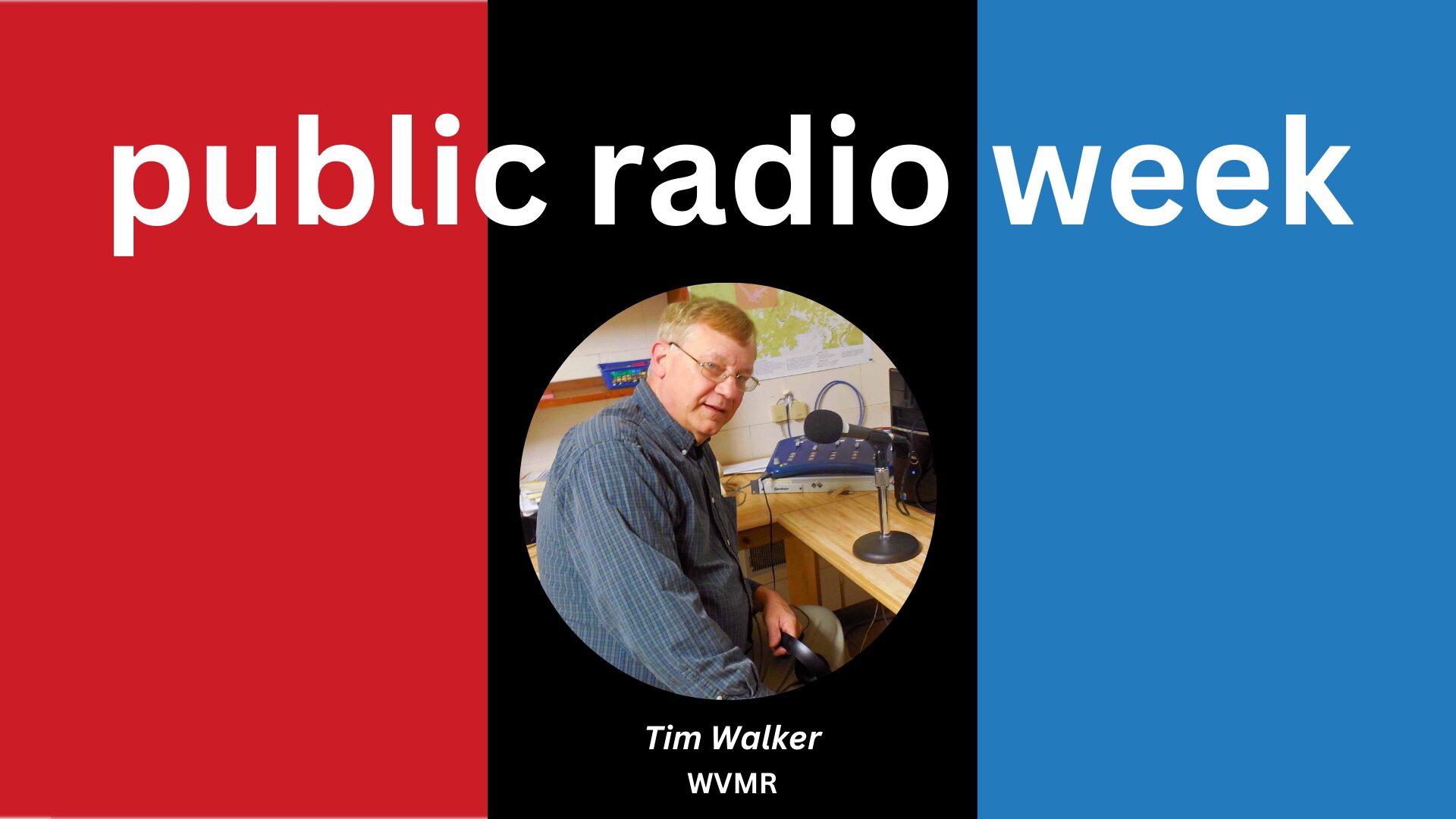Like many of you, I read a lot of material (or should I use the word “content”?), especially about what’s going on in the world, including radio. Wanting to be an informed individual, I subscribe to a number of news publications, some of which are mainstream media, while others are a little “off the beaten track”.
One of these is the Financial Times, which offers some different views of the world and I appreciate their idea of what is important along with publishing columnists who bring a different viewpoint to many issues. Sometimes, they miss the mark as happened recently when the FT’s Lex column discussed the US radio business.
If you look up Lex in the FT, you’ll find this description:
“Lex is the flagship investment column of the Financial Times. An award-winning team in five time zones helps readers make better decisions by highlighting key risks and opportunities. Lex has published daily in the newspaper since 1945 and is available to premium subscribers online. We believe it is the most influential column of its kind.”
I’m not a premium FT subscriber and I doubt many of you are as well, but the FT app allowed me to listen to a spoken version. Their text-to-voice system — something on the order of the National Weather Service’s “Perfect Paul” — is not all that sophisticated because after all those years of hearing “Ten Ten WINS”, the FT’s voice system thinks it should be “One thousand and ten WINS”. If that’s a rebranding for 1010 WINS, all the trade press, including Barrett News Media, have missed it.
The motivation for the commentary was, as you’ve probably guessed, Audacy’s bankruptcy announcement. Per Lex, the $1.9 billion in debt was too much for the company in today’s media and advertising environment. The column went on to note the iHeart and Cumulus bankruptcies and the declining ubiquity of US radio. Lex also mentioned the biannual bump in revenue for TV and radio due to political advertising. While that is true for local TV, I would guess that many radio operators would question that assertion or at a minimum, would wonder where all those extra political dollars have been hiding.
Two quotes in the column stood out to me: “The diminution of the industry was painful and necessary.” Was the industry “diminished” by the bankruptcies? If you’re planning to invest, radio might not be the best place to park your money.
However, while definitely “painful”, relieving the companies of a great deal of debt leaves them in a much better competitive position. Whether they use that to improve the listener experience or simply go on as before but with smaller payments to remaining lenders is the question.
The other quote was “Radio must accept a more humble slot in the media landscape.”
Perhaps I’ve missed something over the last nearly half-century that I’ve been around the business, but it’s always seemed as if other media were pre-eminent over broadcast radio. Back when, it was the local newspaper and the local television stations. Everyone read the newspaper and TV was glitz. Then cable came along with audio and video at radio prices (or below). Now, digital has taken over and in the audio sphere, at least until recently, podcasting has been the “bright shiny object” that has grabbed attention.
Since Jack Benny and Bob Hope moved to television and Milton Berle and Sid Caesar were on top of the Nielsen TV ratings, radio has had to accept a “more humble slot in the media landscape”.
Lex cited all of radio’s negatives including lower cumes (they didn’t use that term but it was clear), less listening since the pandemic with the increase in work from home, and more competition from streamers as well as satellite radio. Nothing positive was mentioned.
Admittedly, one column hidden behind a double paywall will not influence a lot of people, but it’s likely that investors did see it and their view of our industry has been taken down a notch, if they were interested in the first place.
This is one more reason that we need to think about where our industry is headed, come up with new ideas, and act.
Let’s meet again next week.











I would point out that the column was looking primarily at the state of the larger radio station companies in the U.S. such as Audacy, IHeart and Cumulus. I would dare say that if they did a deep dive into many of the smaller group owners there would be a huge difference in the positive for the financial condition of those companies. Many of us who own a smaller number of stations didn’t take on crazy debt to do so and many are doing just fine thank you. Radio is still a terrific cashflow business if you do it correctly. I industry seems to be judged by those who didn’t and just wanted to get “big”. Perhaps the real answer to all of this was that radio always was, and was meant to be, owned by smaller companies and have limited properties in any one market. It seemed radio was in much better shape and had more creativity….which led to bigger listenership….when that was the rule and not the exception.